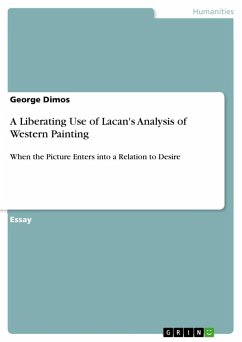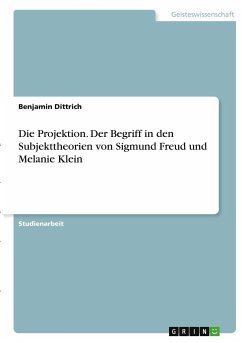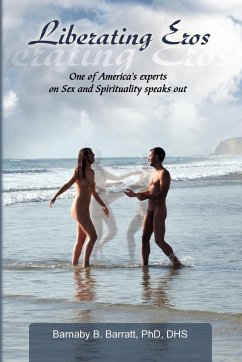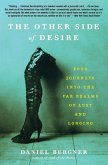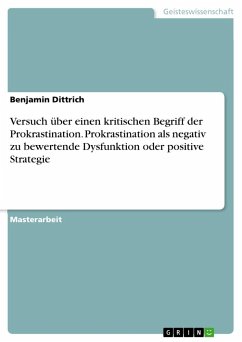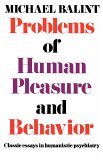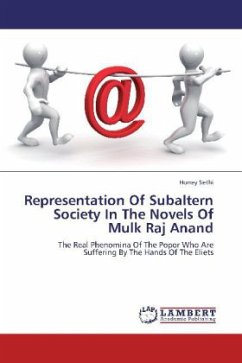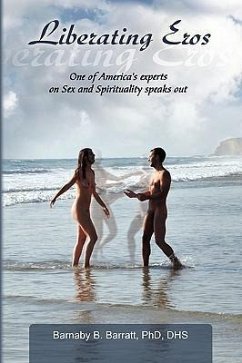Essay from the year 1987 in the subject Psychology - Miscellaneous, , language: English, abstract: This text presents one of the very few opportunities one can have to escape from the eternal voyage round and round the moebius strip of psychoanalysis. This escape can be achieved in general by using the Lacanian construction. Lacan was the most authoritative psychoanalyst after Freund and maybe the last one; since his theory (although he never admitted it; always insisting that he is a follower of Freund) proved the limitations of the Freudian paradigm (not only from the point of view of logic) making clear that the annihilation of the possibility of a subject hood is unavoidable in psychoanalysis. Of course the avoidance of this annihilation might be not the purpose of psychoanalysis but it is a populist belief and a populist expected outcome of psychoanalysis. The use of (a) is the only reaction to the annihilation and in psychoanalysis this object (a) takes always the form of asecretion. This text describes what is involved in the process of creating and watching a Western Painting according to the Lacanian Theory. It also provides the means for the escape we mentioned before which is an escape from the 'Law' from the pair of the eyes that are always looking at us through a Western Painting. Reading this text requires a thorough knowledge of the Freudian and Lacanian literature but also of the French so called philosophical, postmodernist concepts.

